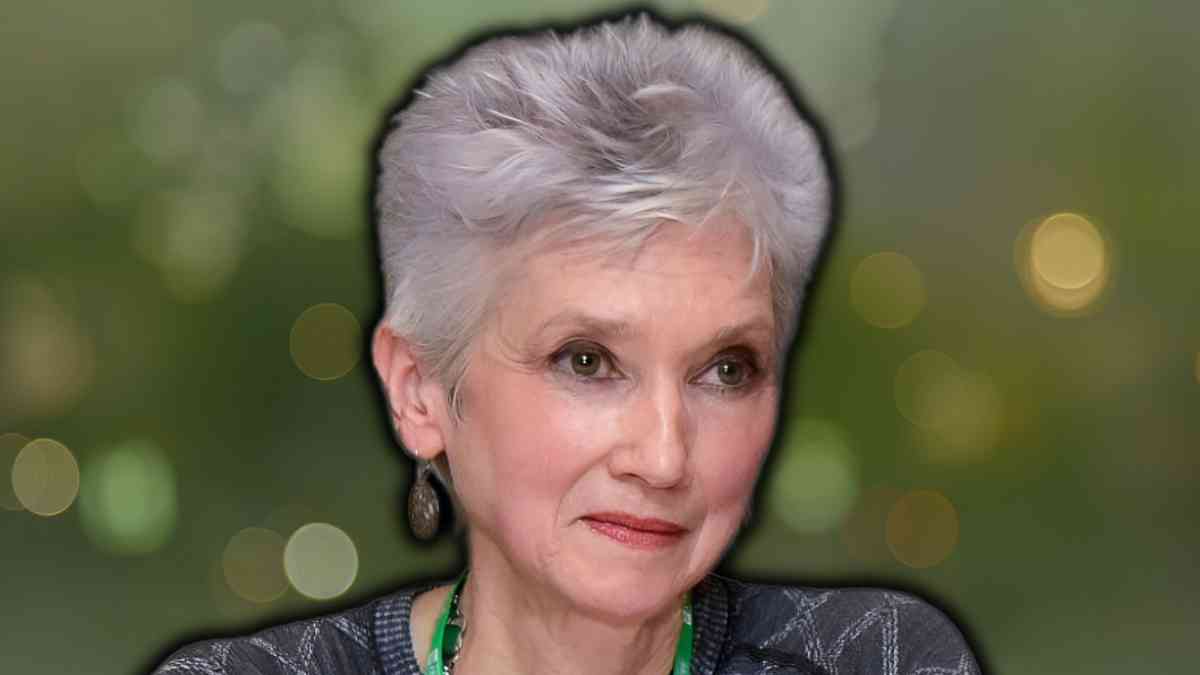Lisa Carling: Championing Accessibility in the World of Theatre

Lisa Carling stands as one of the most influential figures in modern theatre accessibility. Her name is synonymous with inclusion, transformation, and a deep-rooted commitment to ensuring that no one is excluded from experiencing the magic of live performance. Over four decades of tireless advocacy, Lisa has reshaped the Broadway landscape, breaking down barriers for people with disabilities, veterans, and neurodiverse audiences. Her career at the Theatre Development Fund (TDF) is not just a legacy—it is a blueprint for inclusive progress in the arts.
Early Life and Entry into Theatre
Lisa Carling’s passion for theatre began early, although her professional journey initially followed the path of performance rather than programming. After earning her training and gaining stage experience at prestigious institutions such as Yale Repertory Theatre and the Classic Stage Company, Carling brought her energy and understanding of performance to a broader mission: making theatre accessible for everyone, regardless of physical or neurological ability.
Her performing experience laid the foundation for her unique sensitivity towards the needs of diverse audiences. By understanding the nuances of stagecraft from the inside, she became uniquely equipped to interpret and adapt performances for varied accessibility needs.
The TDF Journey: A 42-Year Legacy
Lisa Carling joined Theatre Development Fund in 1983, an organisation dedicated to making theatre more affordable and accessible. Over the years, she rose through the ranks to become Director of Accessibility Programs, a role she would hold with distinction for decades.
Her work at TDF redefined what accessibility could mean. No longer limited to simple physical modifications, Carling’s programmes addressed a wide range of challenges—mobility impairments, hearing and vision loss, sensory sensitivities, and cognitive differences.
Groundbreaking Initiatives Led by Lisa Carling
Lisa’s work was never about ticking boxes; it was about meaningful change. Here are some of the most impactful initiatives she pioneered:
1. Autism-Friendly Performances
In 2011, Lisa spearheaded the launch of autism-friendly Broadway performances, starting with Disney’s The Lion King. These carefully adapted shows featured dimmed lighting, reduced volume, quiet spaces, and trained staff to assist families and individuals on the autism spectrum. It was a revolutionary concept in commercial theatre—and one that’s now widely emulated across the world.
These performances opened the doors to a previously underserved audience, enabling thousands of families to enjoy live theatre together without fear of being judged or misunderstood.
2. Open Captioning for the Hearing Impaired
Carling introduced open captioning to Broadway in the late 1990s, a critical accessibility feature for those who are deaf or hard of hearing. This allowed viewers to follow dialogue, sound cues, and lyrics in real time, enhancing their connection to the story on stage.
Captioning was seamlessly integrated into the theatre experience, ensuring that all audience members received the same artistic impact without compromise.
3. Audio Description and Sign Language Interpretation
Under Lisa’s direction, TDF also expanded the availability of audio-described performances and American Sign Language interpretation. These services ensured that those with visual or auditory impairments could still immerse themselves in the stories, characters, and staging of the shows.
Importantly, Lisa ensured that these features were not afterthoughts but central elements of production planning. She championed the idea that accessibility is not a special accommodation, but a standard requirement.
4. Veterans Theatregoing Programme
Understanding the healing power of theatre, Lisa introduced a Veterans Theatregoing Programme. This initiative allowed former military personnel and their families to experience performances in a welcoming, adaptive environment.
This programme recognised the psychological complexities many veterans face—particularly PTSD—and tailored theatre settings that were safe, calm, and supportive. The project not only brought joy but also facilitated emotional expression and reconnection.
Honours and Recognition
Lisa Carling’s contributions have been recognised nationally and globally. In 2022, she received the Kennedy Center LEAD® Award for Excellence in Accessibility Leadership, a prestigious accolade highlighting her pioneering spirit.
Beyond formal awards, perhaps the most telling indicator of her impact is the respect she commands across the theatre community. Colleagues, artists, and families alike have praised her empathy, diligence, and vision.
In fact, TDF recently declared a special “Lisa Carling Day” to coincide with an autism-friendly performance of Hamilton, symbolising how deeply her work has become embedded in Broadway culture.
A Philosophy Rooted in Empathy
What truly sets Lisa Carling apart is her philosophy: accessibility is a right, not a favour. She has consistently challenged the notion that adaptations for disability are burdens or complications. Instead, she reframes them as enhancements that enrich the entire experience for all attendees.
This mindset has influenced not only how theatre organisations approach accessibility, but also how other industries—including museums, film festivals, and sporting events—consider audience inclusion.
Mentorship and the Next Generation
Lisa didn’t simply create programmes; she built teams and mentored future leaders. Her emphasis on training, education, and collaboration has ensured that the values she championed will endure well beyond her own career.
Even as she approaches retirement, she continues to advise institutions and support new accessibility specialists entering the field. Her voice remains essential in shaping future policies and outreach strategies.
Impact on Families and Individuals
Perhaps the most profound testament to Lisa Carling’s work comes from the families she served. For many parents of autistic children, the thought of taking their child to a live performance once felt impossible. Thanks to Lisa, that dream became reality.
Parents report moments of joy, connection, and pride seeing their children engage with theatre—often for the first time. Adults with visual or hearing impairments found themselves welcomed in a space that once excluded them. Veterans discovered an artistic sanctuary to process emotions and reconnect with loved ones.
These are not just stories—they are real, tangible outcomes of Lisa Carling’s life’s work.
Retirement and Reflection
After more than 40 years of dedicated service, Lisa Carling is stepping away from her role at TDF. But her influence will never truly fade. The infrastructure, programmes, and cultural shifts she has helped implement have become permanent fixtures in the theatre world.
Her departure marks the end of a golden era, but also the beginning of a new chapter—one where accessibility is no longer an optional extra but a central, celebrated pillar of public engagement.
Conclusion
Lisa Carling is more than a theatre advocate—she is a humanitarian, a trailblazer, and a leader. Her career has redefined accessibility in performing arts, not through speeches or slogans, but through meaningful, systemic change.
By focusing on empathy, respect, and innovation, Lisa has transformed Broadway and inspired global movements toward inclusion. Her story is a reminder that genuine progress happens when we listen, adapt, and act with compassion.



